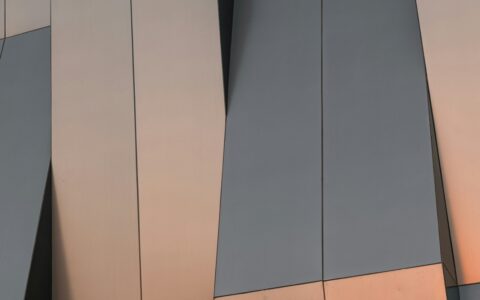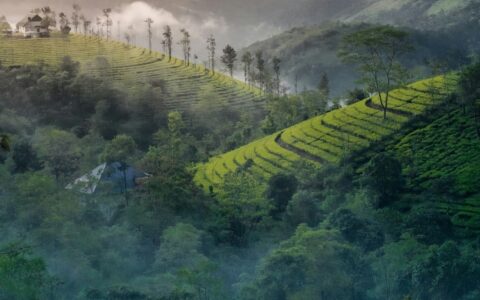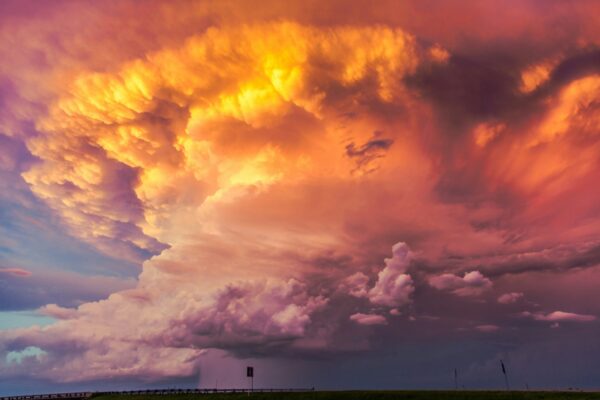Real zero is within reach
Authors
Real zero: delivering a fossil free future: Dr Neil Grant, Dr Zarrar Khan, Dimitris Tsekeris, Hanna Getachew, Michael Petroni, Corbin Cerny, Dr Abhinav Bhaskar,
Real zero: an opportunity, not a cost: Dr Nandini Das, Dr Abhinav Bhaskar, Corbin Cerny, Danial Riaz, Hanna Getachew, James Bowen, Michael Petroni
Case study: Towards a real zero transformation of Japanese steel: James Bowen, Dr Abhinav Bhaskar
Case study: Road to real zero freight trucking in Europe: Michael Petroni, Hanna Getachew
Case study: Transforming India’s fertiliser production with green ammonia: Danial Riaz, Corbin Cerny, Dr Abhinav Bhaskar, Johannes Honneth
Share

Real zero means the complete elimination of fossil fuels by replacing them with zero-carbon alternatives, rather than compensating for them with offsets, carbon dioxide removal or carbon capture and storage. By reaching real zero, we can avoid overreliance on these alternative approaches.
A fossil-free future is a tangible reality. The report Real zero: delivering a fossil free future shows that pathways exist to eliminate fossil fuels in key global sectors like power, shipping, and transport, making a real zero future technically feasible.
This transition is also an economic opportunity not a cost. The report Real zero: an opportunity, not a cost summarises the evidence of three in-depth case studies of critical industries. It shows that a move to zero-carbon alternatives is a direct investment in competitiveness and resilience.
The economics report, Real zero: an opportunity, not a cost, uses three case studies to examine the economic feasibility of real zero. The report looks in-depth at the transition to battery electric trucks in Europe, green steel in Japan and green fertiliser in India, and compares it to alternatives such as business-as-usual, or approaches which rely heavily on carbon capture and storage or carbon dioxide removal to enable continued fossil fuel usage.
















